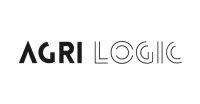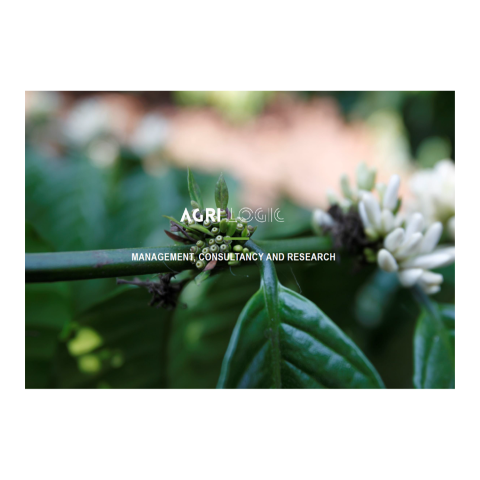Agri-Logic is presently carrying out Carbon Footprint Reporting on behalf of USAID, IDH and JDE based on the data of ~14,000 coffee farmers in Vietnam. The carbon footprint of farmers will be calculated based on estimation of each farmer’s carbon emissions and carbon stocks on the coffee farms. Farmers’ carbon footprint will be compared to explanatory variables and farm profitability. Furthermore, the effect of project interventions by a range of organisations on the carbon footprint will be evaluated.
Final recommendations will tie the conclusions into a set of suggestions on how to move forward at the level of the supply chain management companies on how to work practically with farmers in their supply chain on reducing emissions while maintaining or enhancing yields and profitability. At programme level recommendations for scaling up of the involved initiatives will be formulated.




